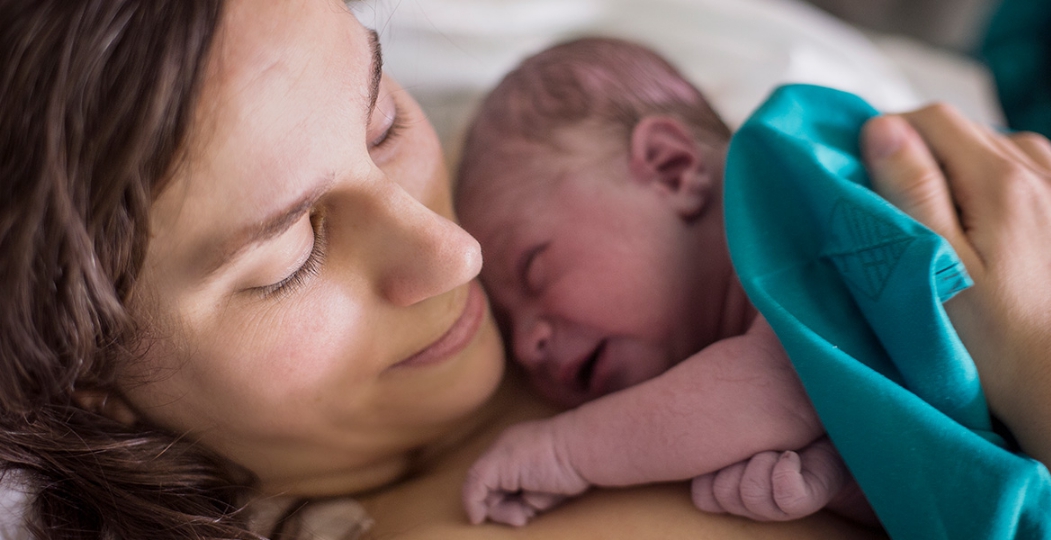At the heart of South Korea’s bustling capital, a quiet revolution is unfolding that offers women unprecedented control over their reproductive futures. In a society grappling with a plummeting birth rate and mounting economic pressures, the practice of egg-freezing has emerged as a beacon of hope, enabling women like 34-year-old Lee Jang-mi to envision a future that balances personal aspirations with the potential for motherhood.
The Rise of Egg-Freezing in South Korea
Lee, a Seoul-based office worker, is emblematic of a growing demographic of South Korean women who, despite societal expectations, are choosing to delay or forgo childbirth. “I’m one of those people who doesn’t want kids,” she admits with a mix of defiance and humor, reflecting a sentiment that resonates with many of her peers. Financial burdens, coupled with the high demands of raising a child in a hyper-competitive society, have made the prospect of starting a family less appealing for women like Lee.
However, a chance encounter at a pop-up store in Seoul’s trendy Seongsu district, operated by Maria Hospital, a leading fertility clinic, prompted Lee to reconsider her stance. The exhibit, which introduced visitors to the concept and process of egg-freezing, opened her eyes to the possibility of preserving her fertility without immediately committing to motherhood. “It actually sounds like a good idea,” she says, recognizing the procedure as a potential safeguard against future regret.
This sentiment is becoming increasingly common in South Korea, where the number of women opting for egg-freezing has surged in recent years. According to data from Maria Hospital, the number of egg-freezing procedures more than tripled between 2019 and 2023, a trend echoed across the country as more women seek to keep their family planning options open. The South Korean health ministry corroborates this surge, noting a nationwide increase in demand for fertility preservation.
A National Emergency: South Korea’s Birth Rate Crisis
The growing interest in egg-freezing is not occurring in a vacuum. It is, in part, a response to South Korea’s alarming demographic trajectory. With a fertility rate of just 0.72 in 2023—the lowest in the world—the country is on a path that could see its population halve by the end of the century. This demographic crisis has prompted the government to take unprecedented measures, including offering subsidies to women aged 20-49 to cover about half the cost of egg-freezing procedures in Seoul.
These efforts are a clear acknowledgment of the severity of the situation. South Korea’s rapidly aging population and declining birth rate have been labeled a national emergency, with far-reaching implications for the country’s economic and social stability. As the population shrinks, so too does the workforce, leading to concerns about who will shoulder the growing costs of healthcare and other social services in the years to come.
The government’s intervention in fertility preservation underscores a broader strategy to combat the demographic decline. By making egg-freezing more accessible, officials hope to encourage women who are currently postponing childbirth to consider having children later in life. However, this strategy raises questions about whether it addresses the root causes of the declining birth rate.
The Social and Economic Factors Behind Delayed Childbirth
For many South Korean women, the decision to delay or avoid motherhood is not merely a matter of personal preference but a response to the systemic challenges they face. High child care costs, long working hours, and entrenched gender discrimination in the workplace create significant barriers to starting a family. As a result, many women prioritize their careers, personal growth, and financial stability over marriage and childbirth.
“In the end, [women] de-prioritize marriage and childbirth,” explains Lim Tae-won, vice president of Maria Hospital. He believes that while many women still desire to have children, they feel compelled to delay motherhood due to the pressures of modern life. “And later, when they do want to have children, they’ve become less fertile.”
Egg-freezing offers a potential solution by allowing women to preserve their eggs at or near peak fertility, giving them the option to conceive later through in vitro fertilization (IVF). This medical advancement provides a measure of flexibility in family planning, particularly for women who wish to focus on their careers or personal lives during their prime reproductive years.
Diving into Personal Stories, Fertility Preservation
For women like 31-year-old Lee Chae-rin, who froze her eggs two years ago, the procedure has been empowering. “Maybe it’s just because I really enjoy my life right now. But I think people naturally want to follow their passions—whether it’s studying, working more, or pursuing hobbies. For me, it’s surfing,” she says. The decision to freeze her eggs has given her the freedom to enjoy her life as a single person without the immediate pressure of starting a family.
Lee’s experience is reflective of a broader cultural shift among South Korean women, who are increasingly seeking to balance their personal and professional lives with the possibility of future motherhood. The rise of egg-freezing, therefore, is not just about fertility preservation; it is also about reclaiming control over one’s life trajectory in a society that often imposes rigid expectations on women.
The Appeal and Limitations of Egg-Freezing
The pop-up store where Lee Jang-mi first encountered the concept of egg-freezing was strategically located in Seongsu, a neighborhood known for its stylish cafes, art galleries, and boutiques—a place where young, urban professionals like her frequent. The store’s design was both clever and unassuming, drawing in visitors with the promise of free, customizable ice cream. Only after they had indulged in their treat were they introduced to the concept of egg-freezing, highlighting the intersection of lifestyle choices and fertility options.
The store’s success, with over 10,000 visitors in just two weeks, indicates a growing curiosity about egg-freezing among South Korean women. However, the procedure is not without its drawbacks. Despite government subsidies, the cost remains prohibitive for many, particularly for those who do not reside in Seoul. Moreover, the procedure’s effectiveness is not guaranteed, and the frozen eggs may not always lead to a successful pregnancy.
“I’m not ruling out the possibility of having a baby later, so I would consider doing it—but only if the government provided more support,” says Goh Bo-min, a 32-year-old academic researcher who visited the pop-up store. Her sentiment underscores a common concern among women who are interested in egg-freezing but remain hesitant due to the financial and medical uncertainties involved.
The Broader Implications of Egg-Freezing
While egg-freezing offers a solution for individual women, experts argue that it is unlikely to reverse South Korea’s demographic decline on its own. Jeong Yeon-bo, an associate professor of social sciences at Seoul’s Sungkonghoe University, cautions that the procedure addresses only the symptoms, not the root causes, of the low birth rate. “The cause of the low birth rate is that young people are experiencing challenges including wealth inequality, sexism, long working hours, and insufficient child care support,” Jeong explains. “But [egg-freezing] doesn’t tackle these underlying problems—it merely offers a medical solution to the problem.”
Moreover, the benefits of egg-freezing in South Korea are largely contingent on traditional family structures. Most fertility clinics in the country require a marriage certificate before proceeding with IVF, limiting the procedure’s accessibility to married heterosexual couples. Additionally, South Korea’s strict laws against sperm donation and surrogacy further restrict the options available to women who wish to conceive through assisted reproductive technologies.
These limitations highlight the need for a more comprehensive approach to addressing South Korea’s demographic challenges. While egg-freezing can provide women with more choices, it is not a panacea for the broader social and economic issues that deter many from starting families.
The Future of Family Planning in South Korea
Despite these challenges, the growing popularity of egg-freezing signals a shift in how South Korean women view family planning. For many, the procedure represents an opportunity to take control of their reproductive futures, even as they navigate a society that often places conflicting demands on their time and resources.
As the country continues to grapple with its demographic crisis, the role of egg-freezing in family planning is likely to become more prominent. Whether it can meaningfully contribute to reversing South Korea’s declining birth rate remains to be seen. What is clear, however, is that for women like Lee Jang-mi and Lee Chae-rin, the procedure offers a valuable tool for balancing their personal ambitions with the possibility of future motherhood.
“I don’t know when marriage will come my way, turning back the hands of time is on aging is another difficult task,” Lee Jang-mi said, who has chosen to freeze her eggs as a way to invest in her future. Her decision reflects a growing recognition among South Korean women that while they may not be able to control every aspect of their lives, they can take steps to preserve their options for the future.
A New Chapter in Reproductive Rights
Egg-freezing is more than just a medical procedure; it is a reflection of the changing attitudes toward motherhood and family planning in South Korea. As more women embrace this option, it may pave the way for broader discussions about reproductive rights, gender equality, and the structural changes needed to support women in their pursuit of both career and family life.
In a society facing the dual pressures of an aging population and a declining birth rate, egg-freezing offers a glimmer of hope—a chance for women to chart their own paths without closing the door on the possibility of motherhood. Whether this will lead to a significant shift in South Korea’s demographic trends remains uncertain, but it is undoubtedly opening new possibilities for the women of today and tomorrow.




